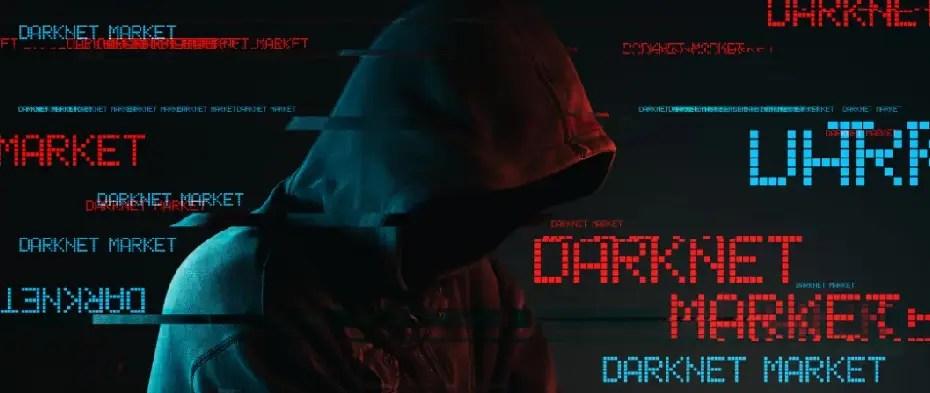You’re about to enter a complex world of anonymous marketplaces, where verifying authenticity is crucial to your safety. To find the best dark web markets using the Hidden Wiki, you’ll need to separate the trustworthy from the suspicious. The wiki itself is a valuable resource, offering a categorized list of potential markets. But how do you know which ones to trust? You’ll need to dig deeper, evaluating user reviews, security measures, and refund policies. As you start to sift through the options, you might be surprised by the criteria that sets the reliable markets apart – and it’s only the beginning of your journey.
Understanding the What is dark web
You’ve likely heard of the Dark Web, but understanding the Hidden Wiki is crucial to navigating its depths. This wiki is essentially an index of .onion websites, which are the backbone of the Dark Web.
Each link is carefully curated to provide access to various services, including darknet markets, forums, and other resources.
To navigate the Hidden Wiki, you’ll need to use a Tor browser, which encrypts your internet traffic and allows you to access .onion sites. Once you’re on the wiki, you’ll see a list of links, each with a brief description.
These links can be organized by category, making it easier to find what you’re looking for.
When browsing the Hidden Wiki, be aware that some links may not be up-to-date or may lead to malicious sites.
Always prioritize your safety and security by verifying the authenticity of each link before visiting. Additionally, be cautious of phishing attempts and other scams that may try to exploit your anonymity.
Evaluating Market Trustworthiness
A reliable darknet market is crucial for safe and successful transactions.
As you navigate the Hidden Wiki, you’ll come across numerous marketplaces that claim to offer top-notch services. However, not all of them are trustworthy. Evaluating market trustworthiness is essential to avoid scams, phishing attempts, and other malicious activities.
To gauge a market’s trustworthiness, consider the following factors:
- *Reputation*: Research the market’s reputation by reading reviews, feedback, and ratings from other users. Look for red flags, such as complaints about poor customer service, delayed payments, or low-quality products.
- *Security measures*: Check if the market has robust security measures in place, such as two-factor authentication, PGP encryption, and a secure payment system.
- *Transparency*: Evaluate the market’s level of transparency by checking if it provides clear information about its policies, fees, and payment terms.
Identifying Reliable Market Options
Now that you’re equipped with the knowledge to evaluate market trustworthiness, it’s time to put that knowledge into practice. You’ll be able to identify reliable market options by carefully analyzing the Hidden Wiki’s list of markets.
Start by filtering out markets with low ratings or those that have been flagged for suspicious activity.
Next, look for markets that have been around for a while and have a strong reputation. Check if they’re well-established and have a large user base. A market with a high volume of transactions and a diverse range of products is likely to be more reliable.
Also, check if the market has a clear and transparent refund policy in case something goes wrong.
You should also pay attention to the market’s communication channels. A reliable market should have a clear and responsive support system in place. Look for markets that have a strong presence on social media or forums, where you can ask questions and get feedback from other users.
Staying Safe on Dark Markets
Dark markets are breeding grounds for scams and malicious activities, making it essential to take proactive steps to protect yourself.
As you navigate these markets, you’ll need to be extremely cautious to avoid falling prey to various threats.
When using dark markets, it’s crucial to maintain your anonymity and security.
This includes using a reliable VPN, keeping your Tor browser up to date, and being cautious with the links you click on.
Here are some additional safety tips to consider:
- Use PGP encryption to communicate with vendors and protect your messages from being intercepted.
- Set up a secure and unique login for each market you use to minimize potential damage in case of a breach.
- Never give out your personal or financial information to anyone on a dark market, as this can make you vulnerable to identity theft and financial scams.
Verifying Market Authenticity
When exploring dark web markets, verifying their authenticity is crucial to your safety and security.
You can’t just take a market’s word for it; you need to do your research. Start by checking the market’s URL.
Scammers often create fake marketplaces with similar URLs to phish unsuspecting users. Make sure the URL is correct and hasn’t been tampered with.
Next, check the market’s PGP key.
Reputable markets will provide a PGP key to verify their identity. You can use this key to encrypt messages to the market, ensuring your communications are secure.
Be wary of markets that don’t provide a PGP key or whose key doesn’t match the one listed on the Hidden Wiki.
Conclusion
You’ve now learned the basics of finding the best dark web markets using the Hidden Wiki. By evaluating market trustworthiness, identifying reliable options, and staying safe, you can navigate these markets with confidence. Remember to verify market authenticity and prioritize robust security measures. Keep your wits about you, and don’t take unnecessary risks. With persistence and caution, you can successfully find a trustworthy dark web market that meets your needs.



